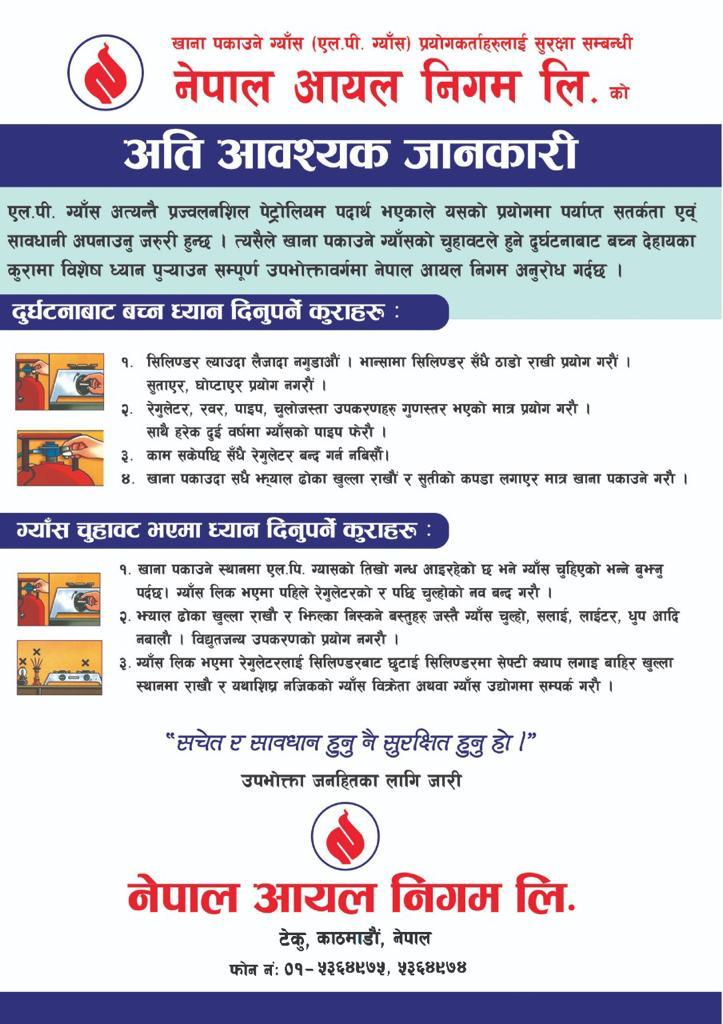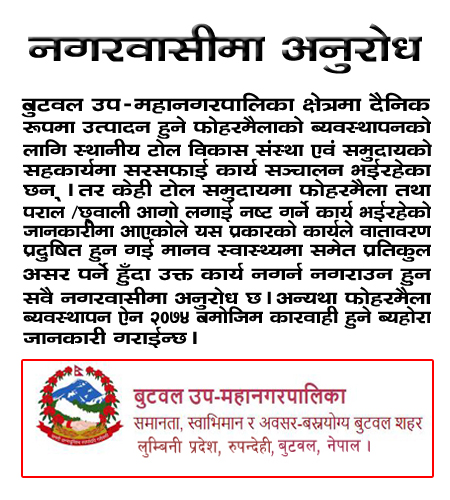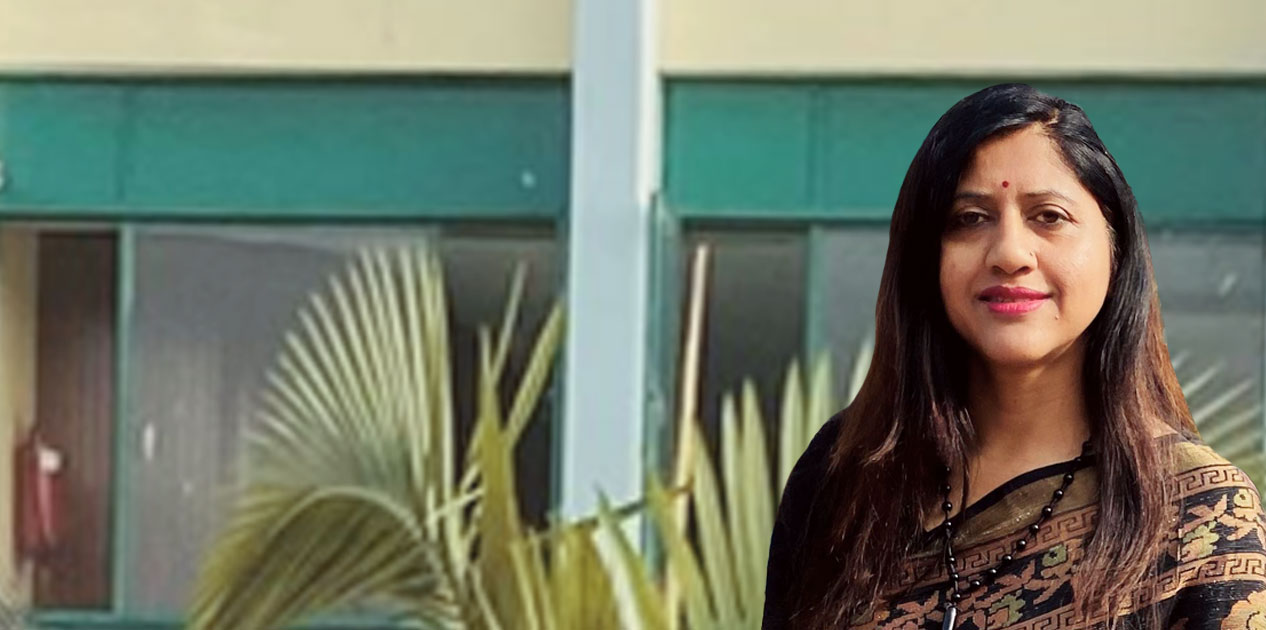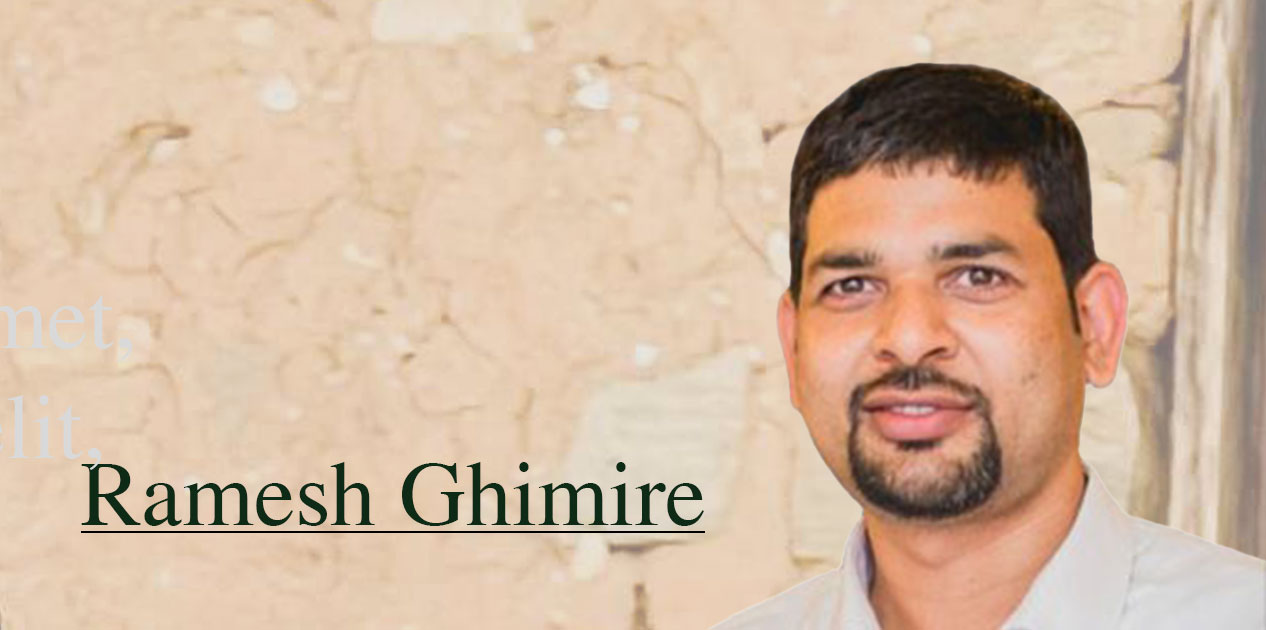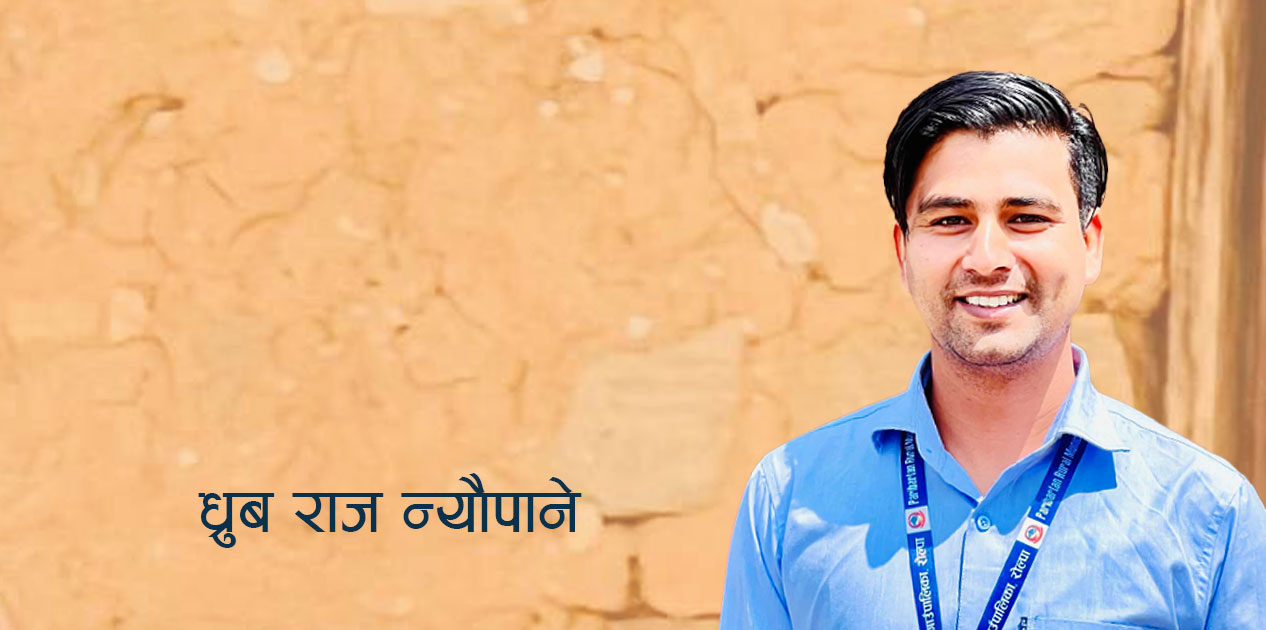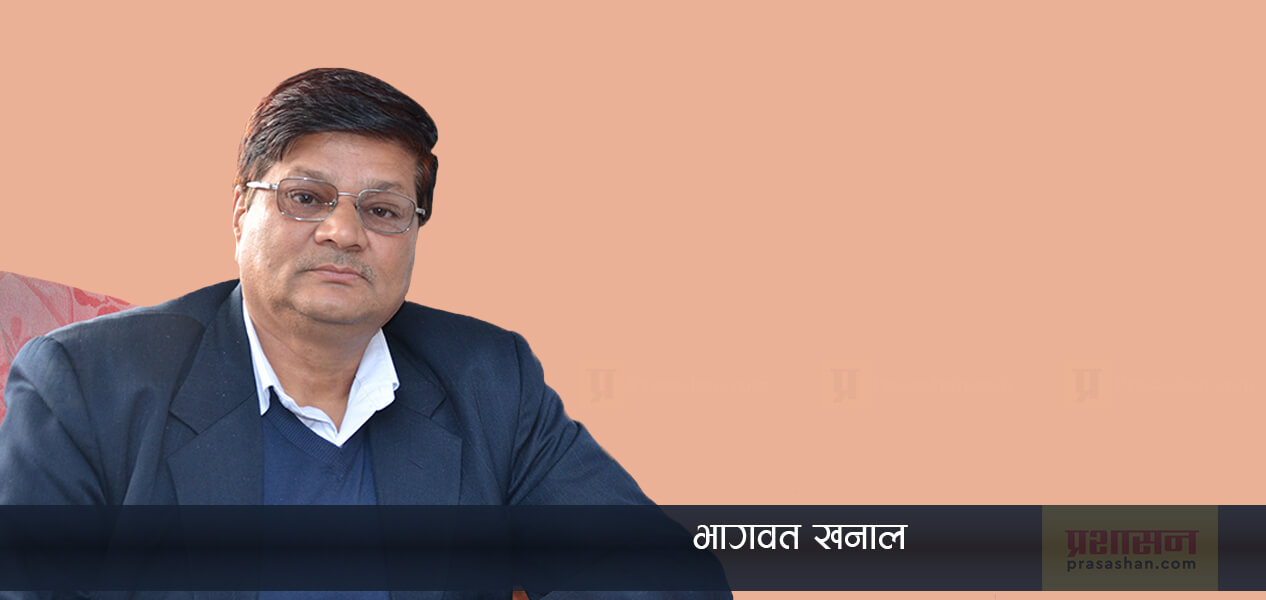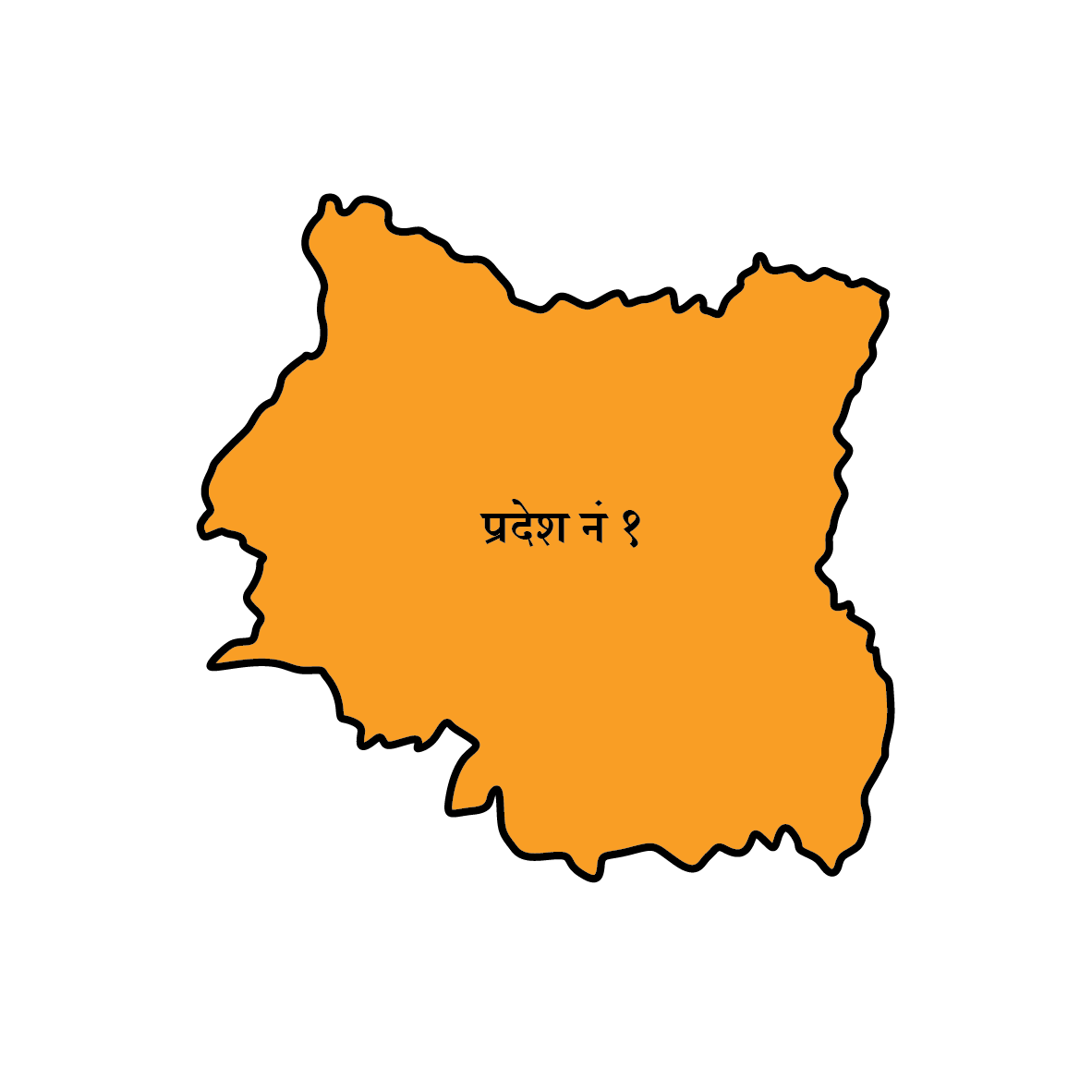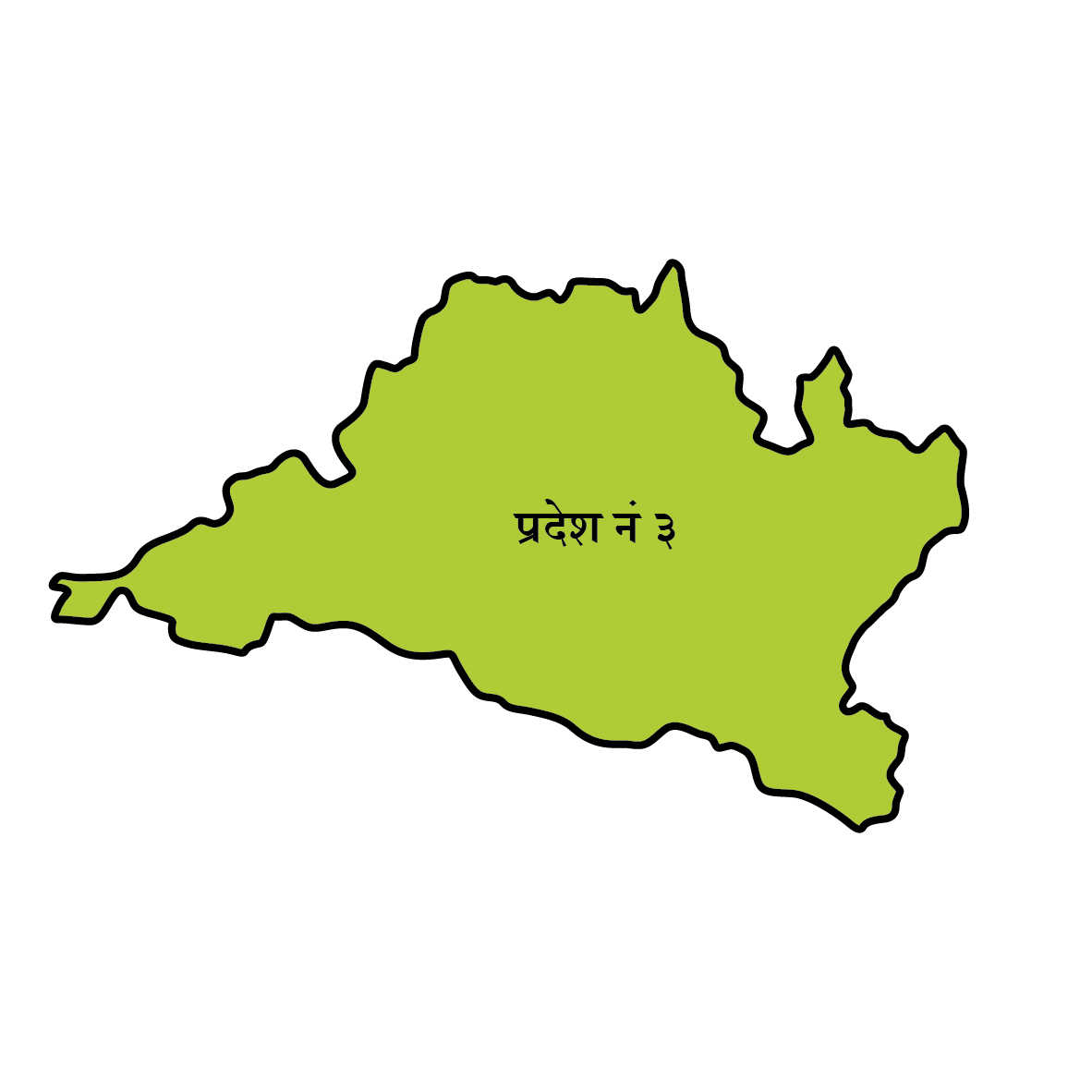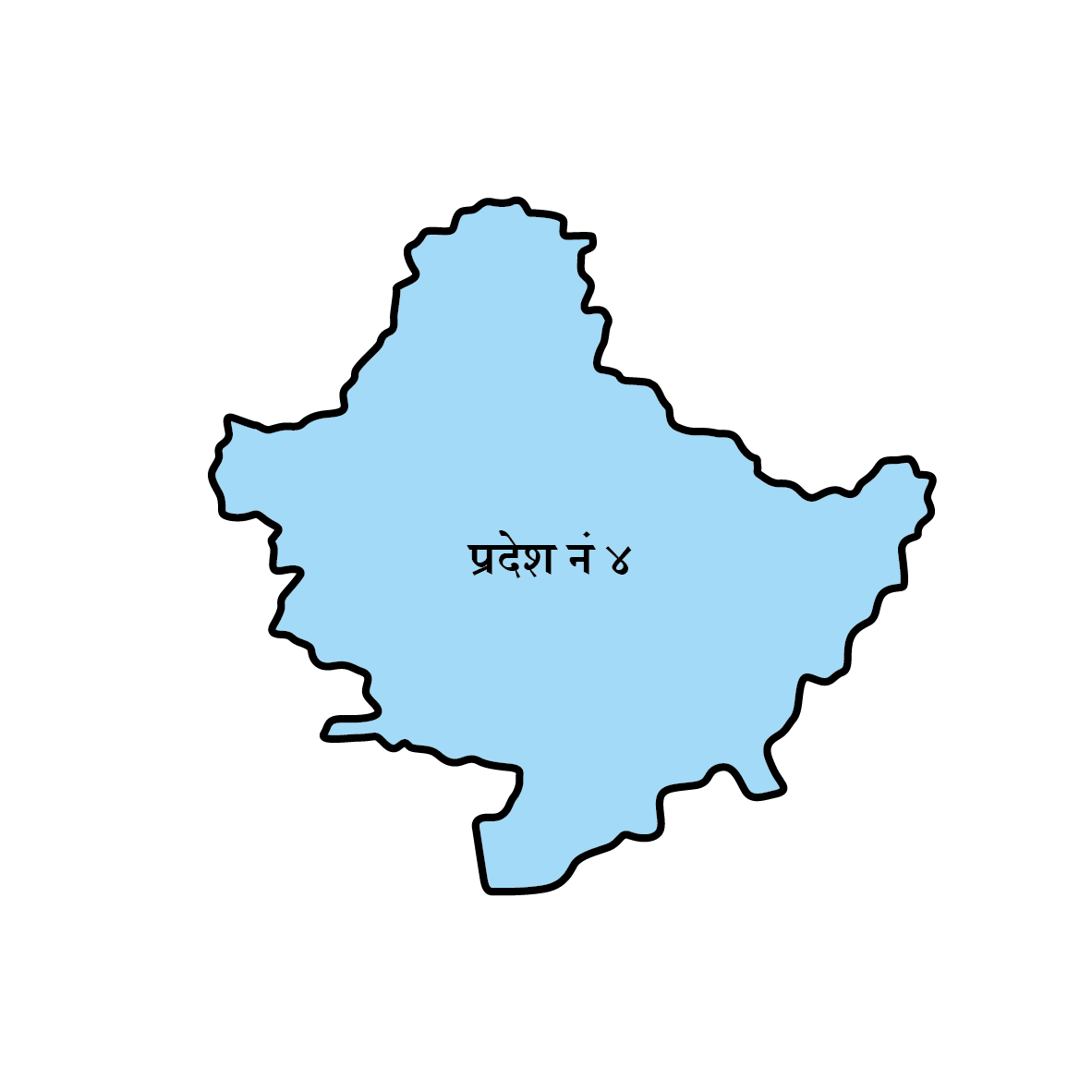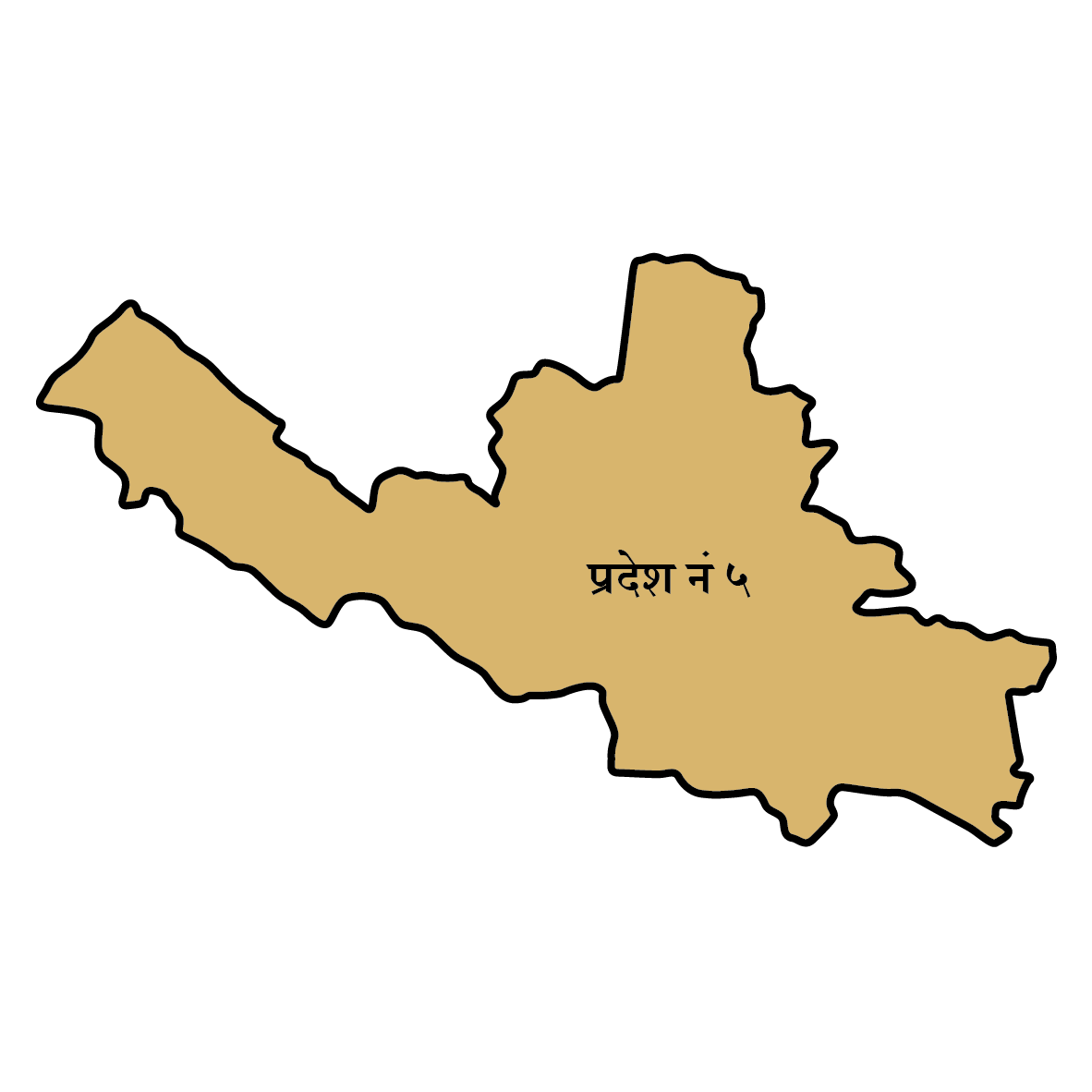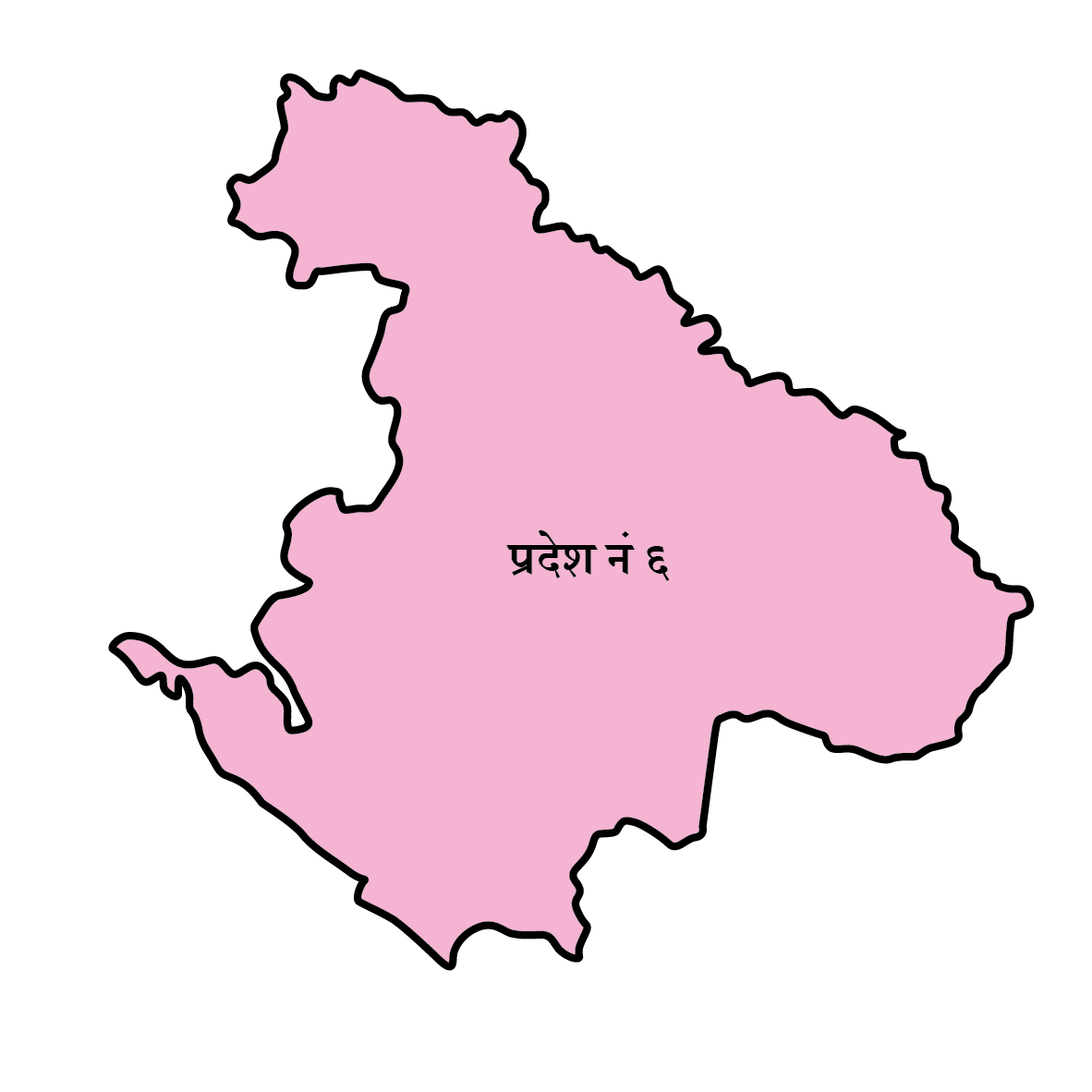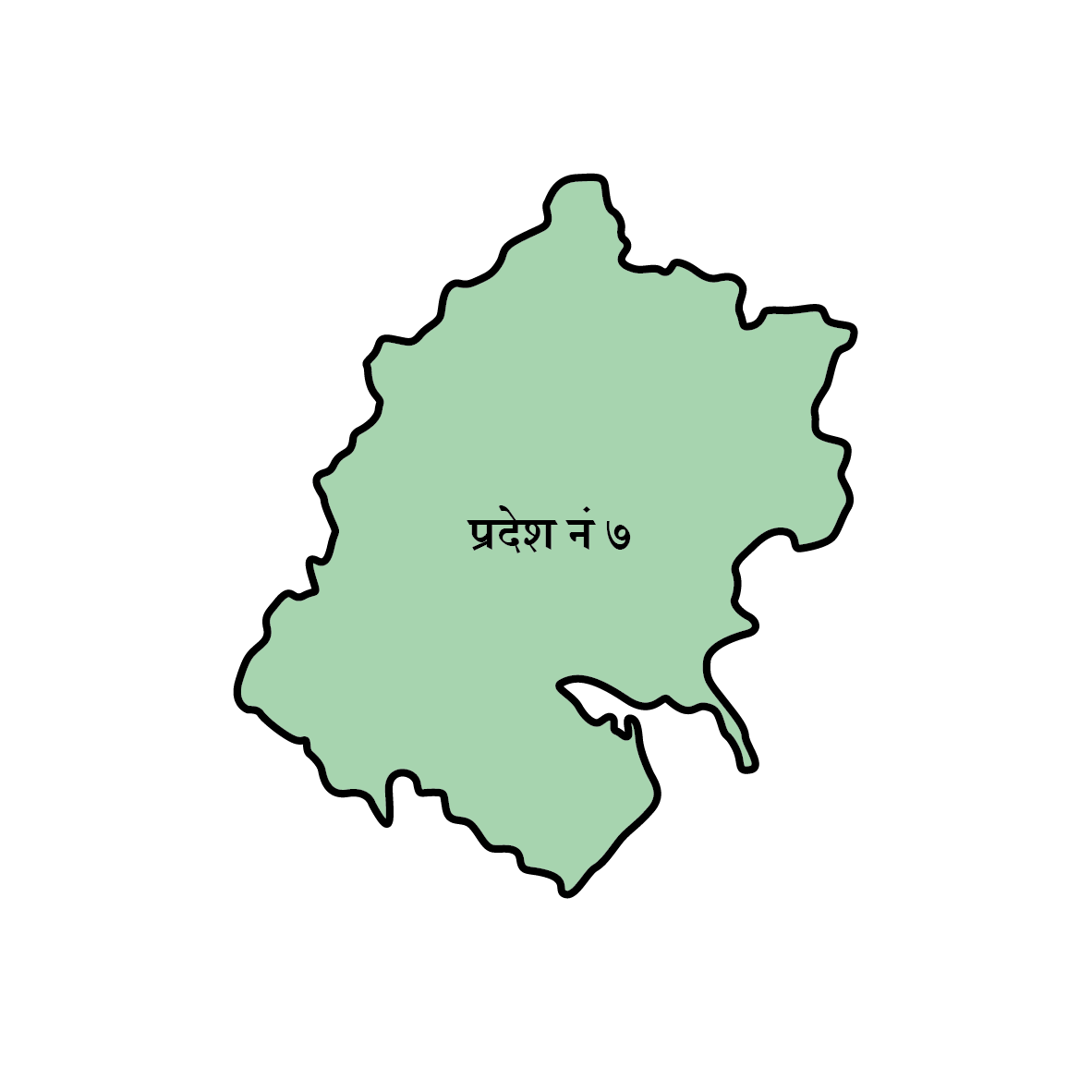Definition of Parenting: Parenting is a process of raising, promoting, and supporting the physical, emotional, social, and cognitive development of a child to adulthood and across the lifespan. It is the lifelong journey of nurturing and guiding a child’s physical, emotional, and social development. It is the most profound experience for human.
However, the question of whether parenting is a conscious choice, or a compulsion remains a thought-provoking discussion. Is the decision to become a parent truly voluntary, or is it influenced by societal pressures, biological instincts, or cultural expectations?
The Argument for parenting as a choice:
In today’s world, individual is increasingly empowered to make decisions about their lives, including whether to have children. For many, the desire of being parent comes from individual willing, they express the view that raising children offers a sense of purpose, joy, love and legacy. Some couples see parenting as a shared dream, a way to strengthen their relationship and create a legacy. In such cases, parenting is viewed as a meaningful choice that aligns with personal goals and aspirations.
The argument for parenting as a compulsion:
Despite these freedoms, societal, cultural and biological factors often exert pressure, making parenting seems less like a choice and more like an inevitability. People who choose not to have children may face judgement, stigma, or assumptions about their lifestyle. Compulsion can arise when external pressure or internalized beliefs overpower personal choice.
In many cultures and communities having children is considered essential to adulthood, a moral duty or a way to fulfill spiritual and family obligations and key marker of success. Family expectations and traditional gender roles (to continue their family name or lineage) frequently nudge individuals toward parenthood, even if they may not feel entirely ready or inclined.
Economic factor can also play a role. In agrarian or economically vulnerable societies, children are often viewed as essential contributors to family labor and support systems. In such contexts, the decision to have children may be less about personal fulfillment and more about survival and practicality.
Changing Attitudes:
Voluntary childlessness: Many people especially in western society choose not to have children for personal, environmental, financial or philosophical reasons.
Alternative Lifestyles: Individuals and couples who prioritize other life goals, such as careers, travel, or personal development.
Environmental Concerns: Concerns about overpopulation and the ecological impact of having children influence decisions.
According to Sadhguru in a speech,”A women who doesnot bear a child is doing something wonderful for the world, considering our population is 7.3 billion and half of humanity is languishing in such terrible conditions. If you try to provide good conditions for all 7.3 billion people, the planet will be finished. They are expecting that by 2050, there will be 9.6 billion people on this planet. That means the whole world has to live with 40% less resource than what we are enjoying right now.
Resources do not mean diamonds or gold it means 40% less food, water and air. 50% of the world’s population does not have enough nourishment in their body. They are barely living like human beings. If you reduce it further by 40%, you can imagine what the life of a human being will become. No matter how rich and well-to-do you are, the kind of life someone born today will have will be very difficult, if we don’t bring down the population.
When that is the situation, more women who do not bear children would be a blessing for the planet.
Conclusion
The decision to become a parent or not to become a parent is deeply personal and deserves respect, free from judgement or coercion. By fostering a culture of acceptance and support, It is essential for individuals to feel empowered to make decisions about parenthood (whether to have child or not to have child) without undue pressure or judgement. We, as a life, is complete by ourselves. This life does not have to reproduce to feel complete.







